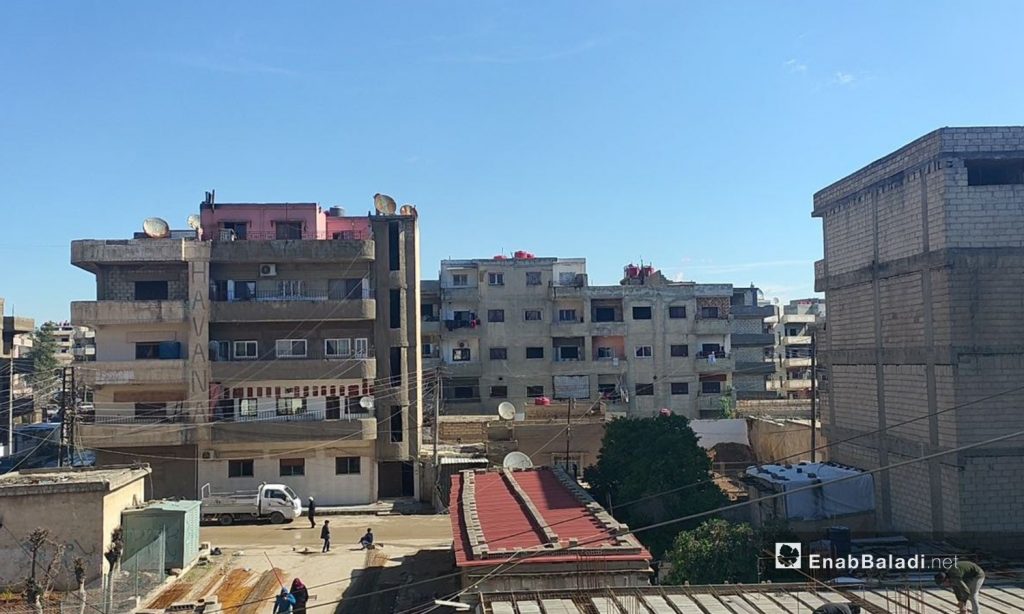The Social Justice Council of the Autonomous Administration of North and East Syria (AANES) has banned adjudication of in-rem lawsuits until establishing a new cadastre parallel to the original one.
The council issued an explanatory memorandum to decision No. 6 that it issued last January on real estate litigations in areas under the AANES control.
Under decision No. 6 of 2021, the council banned all social justice offices in northeastern Syria from adjudicating any in-rem lawsuits related to determining the origin of a property right for state-owned real estate; that is, real property not included in zoning plans.
The council banned social justice offices from ruling in lawsuits related to primary rights in rem. It also announced that all litigations linked to those rights must be dismissed regardless of which legal stage they are in. Such lawsuits include matters of disposing and determining rights in rem, surface rights (the right to use the surface of a property), and usufructuary rights, including the verification and registration of real estate purchase contracts.
The same decision prevented social justice offices from adjudicating lawsuits determining the origin of rights, which have already been decided by a final judicial decision, regardless of the judicial body that ruled them, including court decisions, Judicial affidavits, and property titles.
The council issued a statement on 14 March, in which it mentioned that the implementation of decision No. 6 is temporary until the establishment of a new land registry that parallels the original cadaster in areas controlled by the AANES.
The council’s statement also mentioned that justice offices should stop adjudication of all real estate lawsuits determining the origin of rights for properties included or not in zoning plans. The justice offices were also banned from registering sale transactions or authenticating sale contracts.
The statement excluded the cases of authenticating or terminating possessory liens contracts, lease contracts litigations, possessory actions, farm lease agreements, inheritance settlements, documentation of inheritance exclusion, and prohibiting objections lawsuits based on clear legal grounds.
The statement pointed out that this decision is to estop all statutes of limitations.
Meanwhile, registered litigations that were brought before the court prior to the decision’s issuance date must be rendered suspensive pending the issuance of a decision amending decision No. 6 of 2021.
The Social Justice Council replaced the Judicial Council, and the Social Justice Office substituted the People’s Court. The Cassation Body replaced the Appeal Body, and the Investigation and Prosecution Committee replaced the Public Prosecution in the AANES controlled areas.
Administrative authorities affiliated with the AANES issued decisions banning public property disposition in the city of al-Raqqa. The decision pertained to all property disposition activities since 4 March 2013.
The Legislative Council of al-Raqqa city strictly prohibited the ownership, sell, or purchase of public property, including leases and adverse possession cases. The decision has a retroactive effect, as it stretches the ban to property disposition since 4 March 2013.
The council issued these decisions based on the public interest requirements and to protect state-owned property. It announced that property-related acts carried out at odds with the said decisions and their consequences would be considered null and legally ineffective.
The council considered offensive a variety of undertakings, including constructing, planting, or fencing a public property. It prohibited all real estate offices from selling, buying, or brokering publicly owned land, whether arable or non-arable. It stated that offenders would be held liable.
The council froze the adjudication process of public property encroachment cases and pledged to stop infringement on state property and remove illegal shelters or other structures occupants have built on arable and non-arable public land after the stated date.











